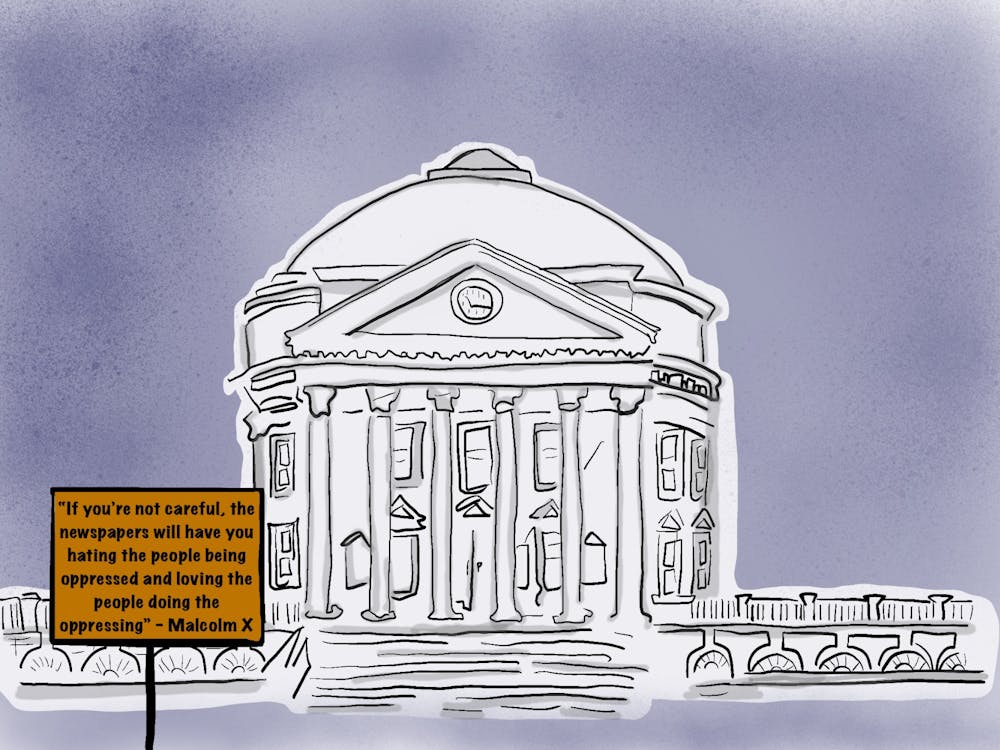Facebook has been the target of public outcry before, notably for data mining or privacy concerns. So it comes as no surprise that the popular social networking site has found itself at the center of another controversy. As users know, Facebook enables the reporting of posts, images and videos that are deemed inappropriate or offensive. Facebook’s administrators subsequently review the reported items and determine whether or not they should be removed from the website. And, recently, Facebook’s standards have been called into question.
Facebook’s reporting process is overall a beneficial system. But the website’s ability to easily connect people from across the world can also be destructive. Though the website affords users an adequate level of privacy, offensive material is sometimes inescapable. There is no infallible way to keep users from sending each other hurtful comments or photos. For instance, cyberbullying frequently appears in the news as a common way in which social media may be utilized with malicious intent. For many bullied children, Facebook has devastating consequences that, in tragic instances, have resulted in depression and even suicide. Facebook users may also be inadvertently exposed to harmful material through no more than casual networking with others. Facebook has thus wisely instituted a means by which harmful material may be purged from the site.
Ultimately, though, Facebook — not users — has the power to determine what is or is not offensive. And who is to say that website operators always make the right decisions? That question is the center of the latest Facebook controversy.
Earlier this week, a video of a brutal human decapitation surfaced on Facebook. Many users reported the video to administrators. Facebook, however, decided that the video was not to be taken down. Moreover, Facebook is now saying that offensive videos depicting beheadings or other means of execution will not be removed from the website. This is contrary to its stance as of last May, when it justified the removal of exceptionally violent videos — the decision was in response to other posted decapitation videos — by citing the psychological damage that such videos could cause.
I have not seen the video — nor do I want to — and I will not comment on whether or not I think Facebook should have maintained its ban on similar material. That discussion would also have to involve other commonly trafficked websites. Offensive content is readily accessed on the Internet, and other popular websites like YouTube also allow videos involving gratuitous violence. Instead, I will focus more on how Facebook’s standards are misguided and how the website should reconsider what it does and does not allow users to post.
Facebook officials are currently saying that videos depicting decapitations and equally violent acts are allowed so long as users do not celebrate those illicit actions. Users are free to watch the videos and denounce them. That sentiment seems in opposition to what is listed in Facebook’s Statement of Rights and Responsibilities, which states that users are not allowed to share content that “is hate speech, threatening, or pornographic; incites violence; or contains nudity or graphic or gratuitous violence.” Furthermore, the statement outlines that users are not to “use Facebook to do anything unlawful, misleading, malicious, or discriminatory.”
After reading over Facebook’s Statement of Rights and Responsibilities, it is easy to discern that the website should seriously rethink what content it allows. If execution videos are not considered threatening, containing gratuitous violence or malicious, then what possibly could be considered worthy of removal? Indeed, if one is allowed to post videos or pictures of killings on Facebook, then banned material such as naked photographs appear like a comparatively small problem. Yet Facebook has maintained a firm on that issue, never allowing users to post content involving nudity. Facebook’s decision to allow graphically violent videos seems to be in an effort to avoid imposing free speech regulations on its users. And allowing more freedom of content sharing, if done correctly, is admirable. But that freedom should also be upheld consistently. If one is free to post a video involving a decapitation to bring awareness to, say, religious extremism in the Middle East, then he should be permitted to post a video involving nudity to bring attention to another issue. Facebook, to show its commitment to the free exchange of ideas, should not consider nudity more dangerous than extreme violence.
Moreover, Facebook already controls what groups may be formed by users. It does not allow groups that promote terrorist organizations or extremist causes, and affirms a stance against hate speech and cultural or religious intolerance. But banning hateful group pages does little if Facebook still allows the material propagated by those groups. If Facebook is truly against extremist organizations, then it should eliminate all related content. Facebook, although it only allows users to condemn violent videos, nonetheless gives hateful and intolerant groups undue publicity by allowing their actions to be viewed across the world.
Facebook requires users to be 13 years old, yet not all content on Facebook is equally appropriate for anyone above that age. A naked person is not likely to cause great distress to a teenager. A decapitation, on the other hand, can be scarring to someone of any age. Facebook’s censorship policy will look ill-conceived and arbitrary until it either allows a greater amount of banned content or reverts back to its previous stance regarding violent material.
Alex Yahanda is a senior associate editor for The Cavalier Daily. His columns run Wednesdays.




